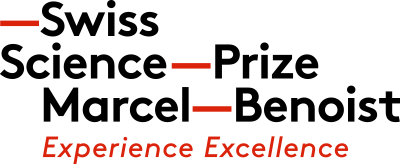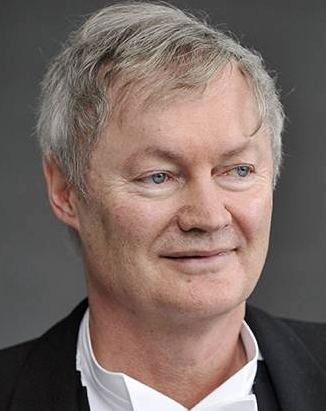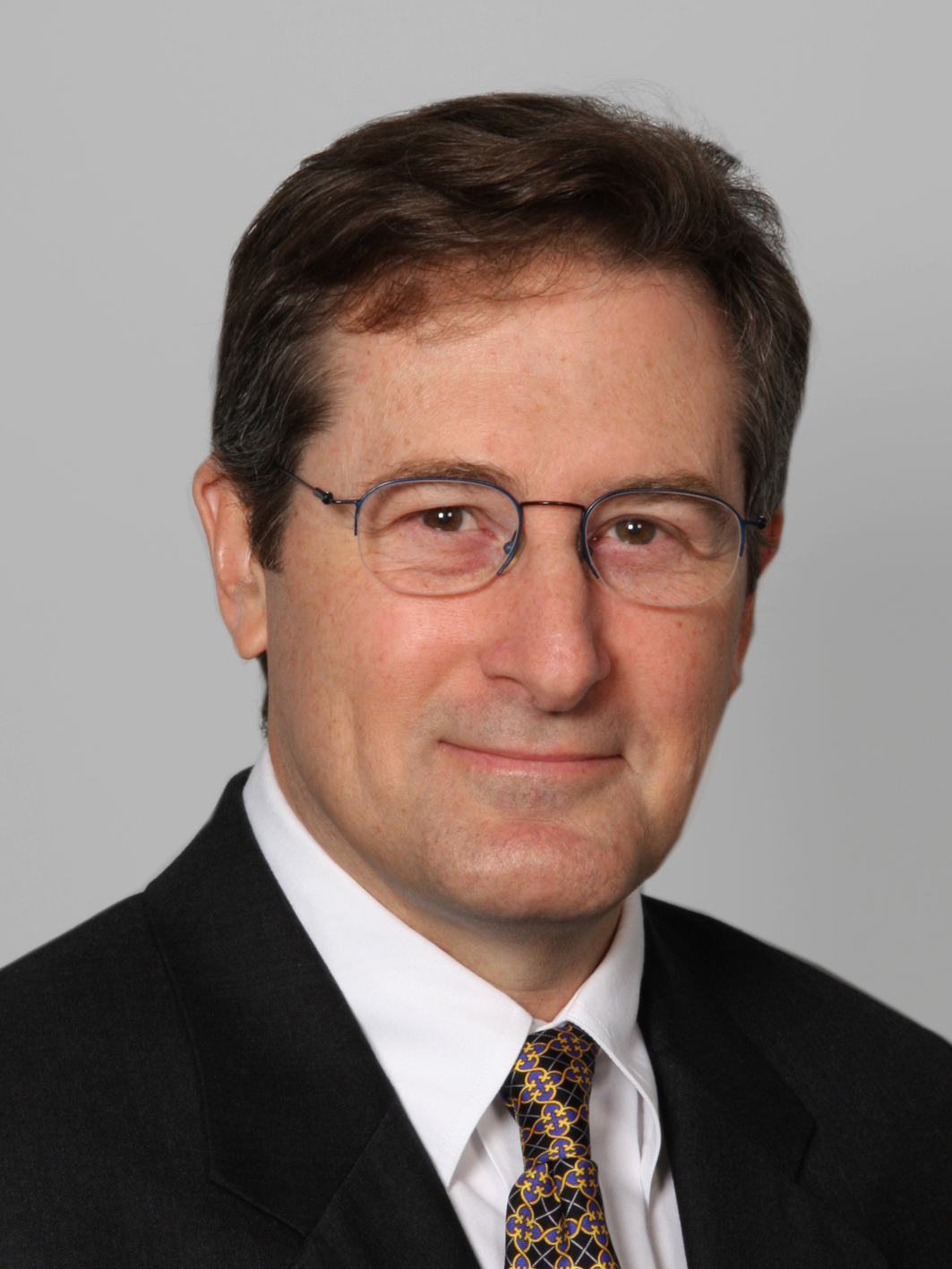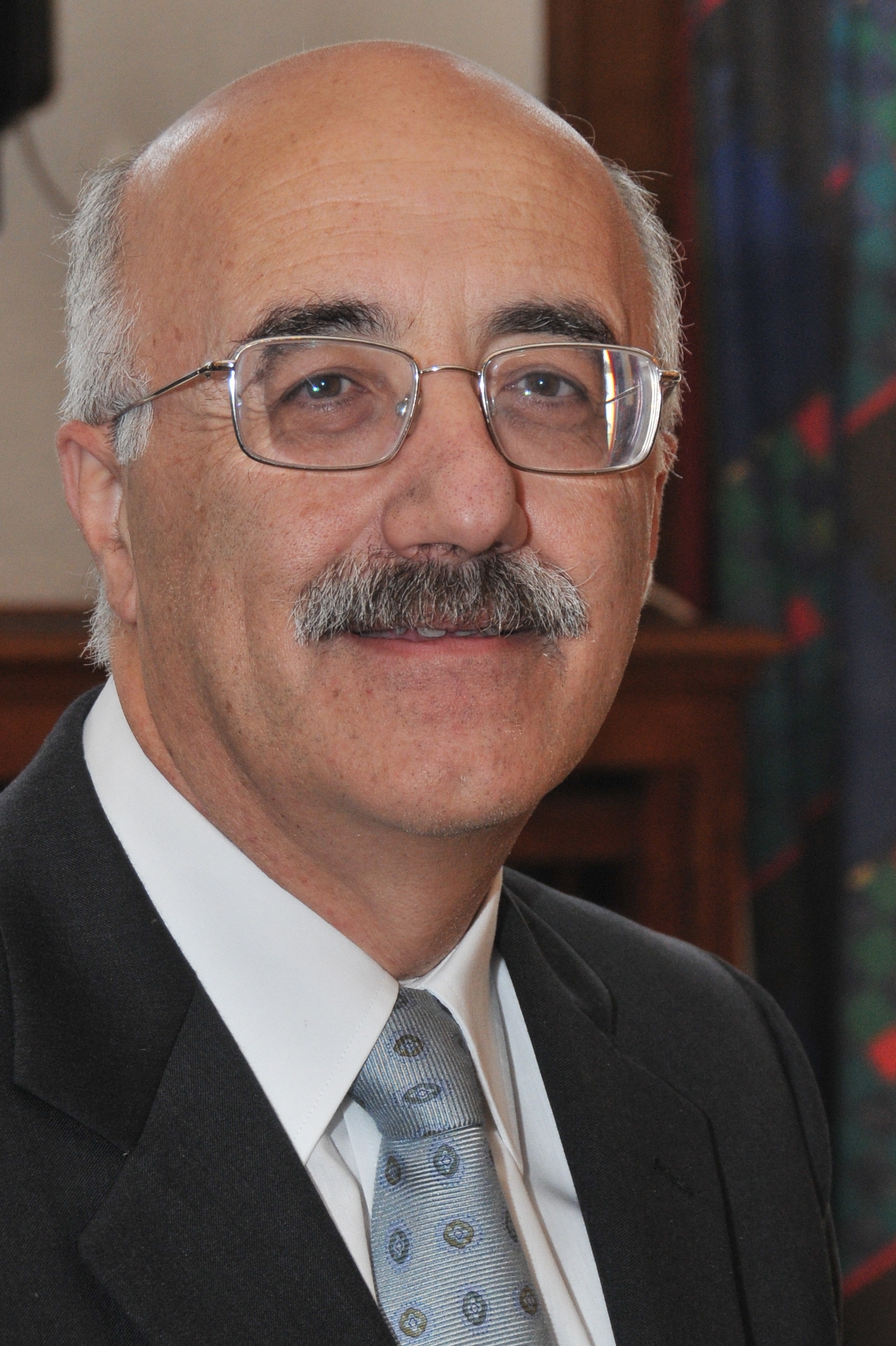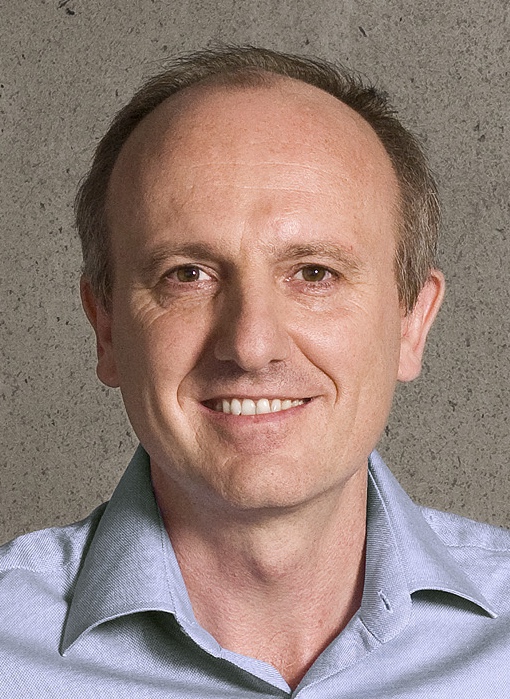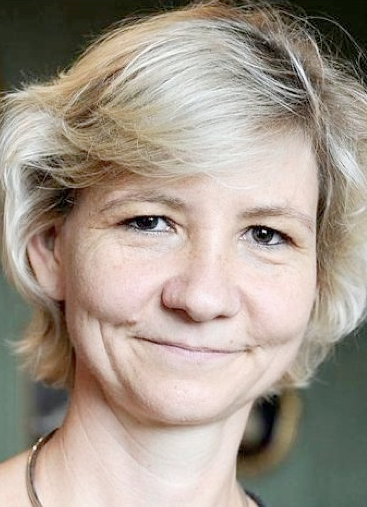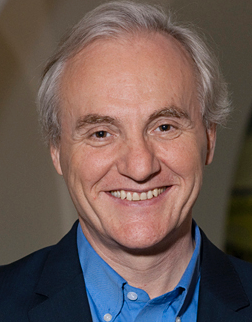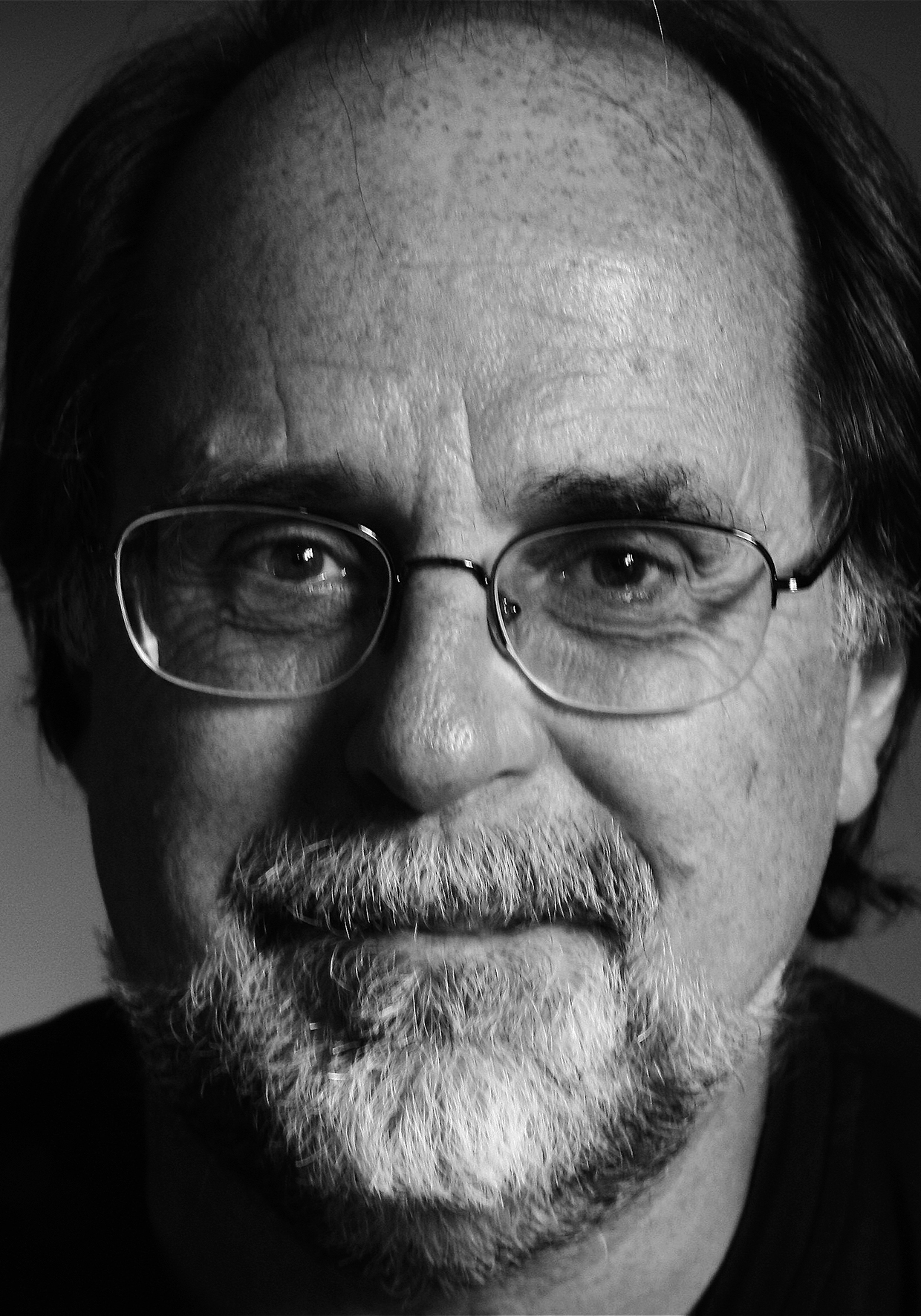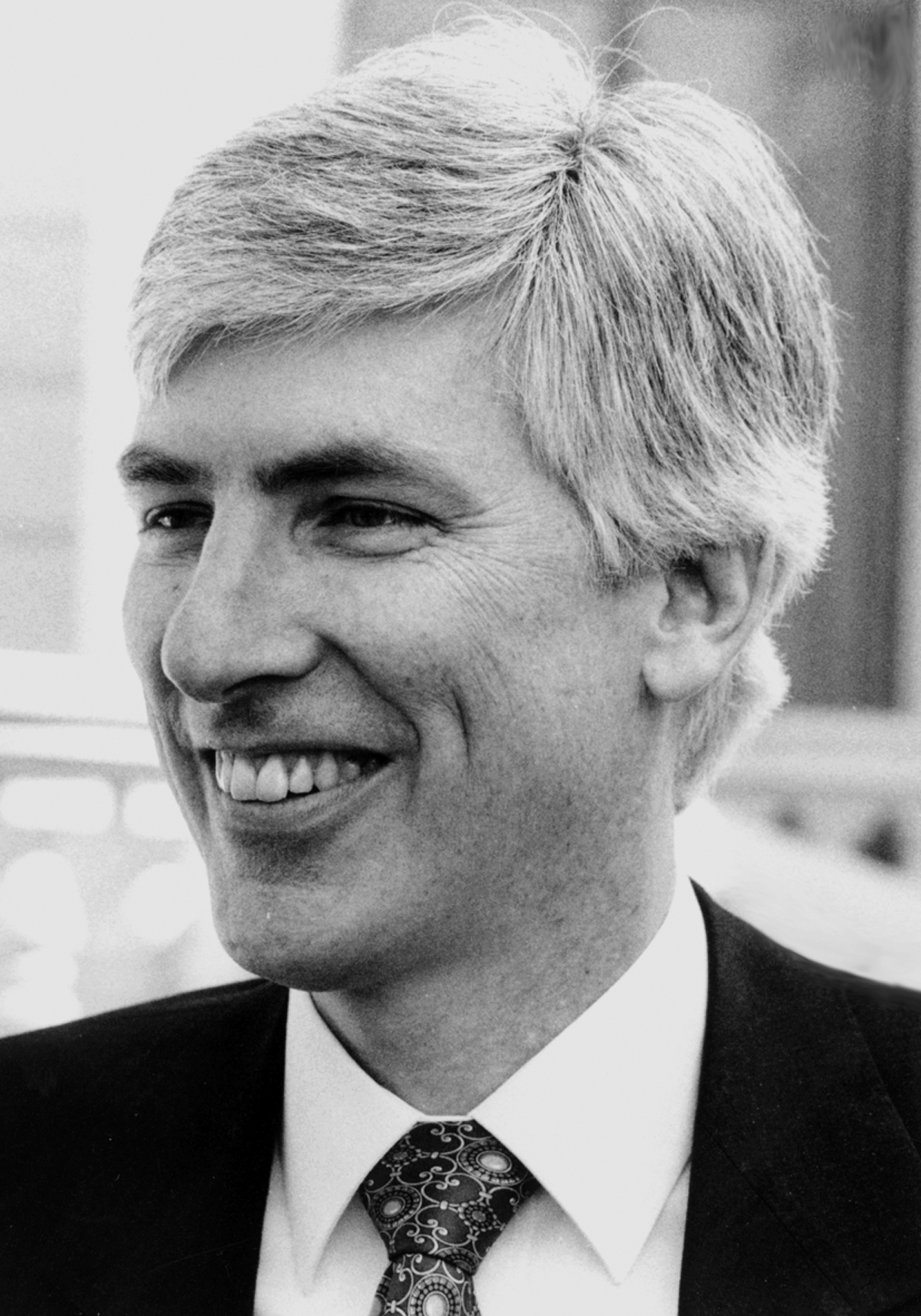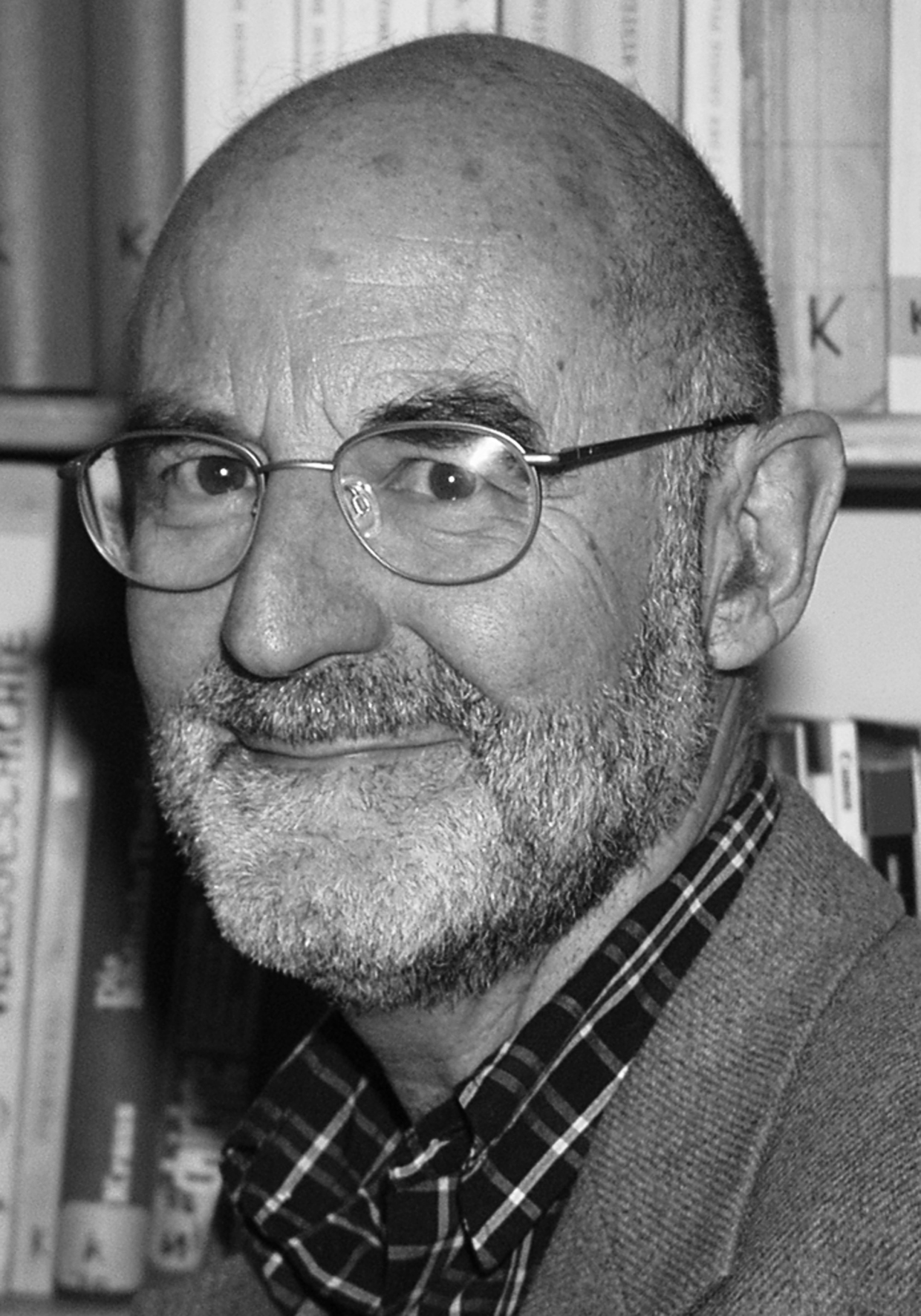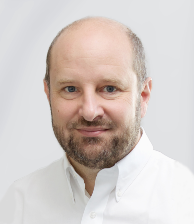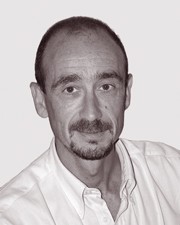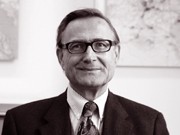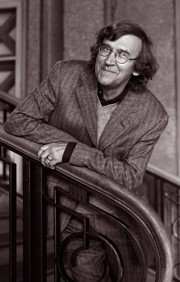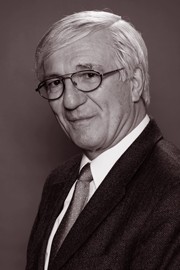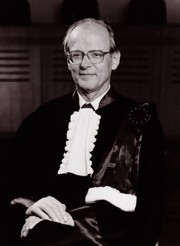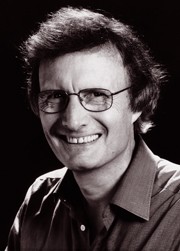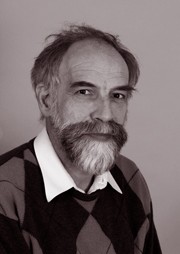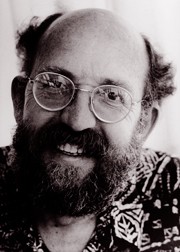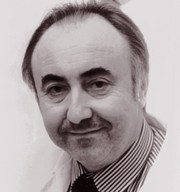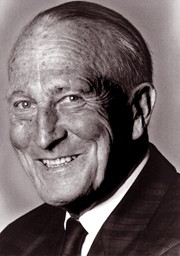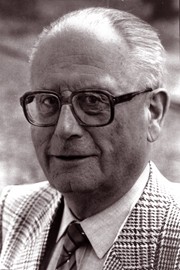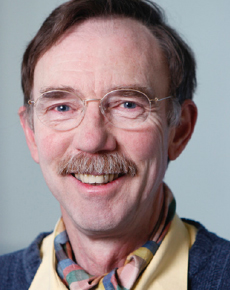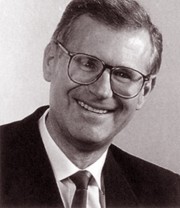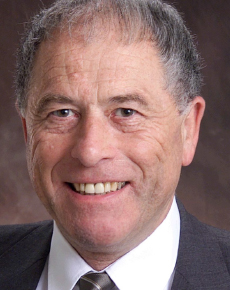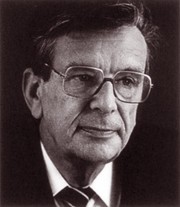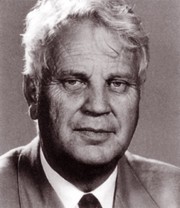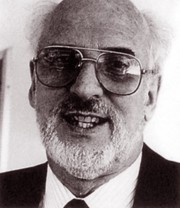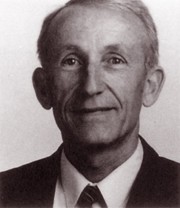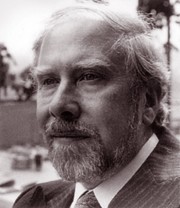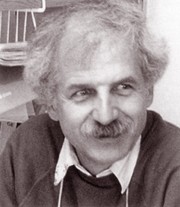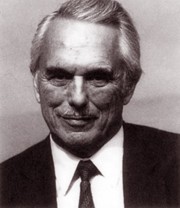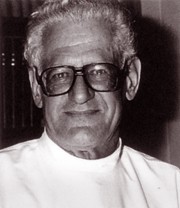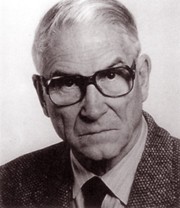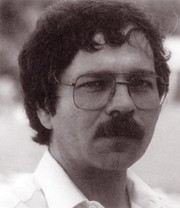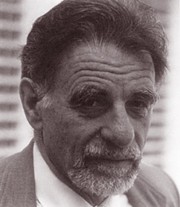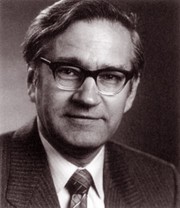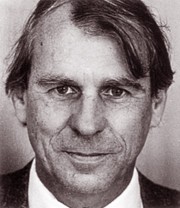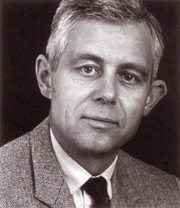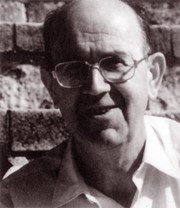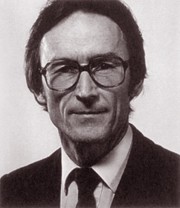-
2023
Prof. Dr. Ted Turlings
Chemical ecology
University of Neuchâtel
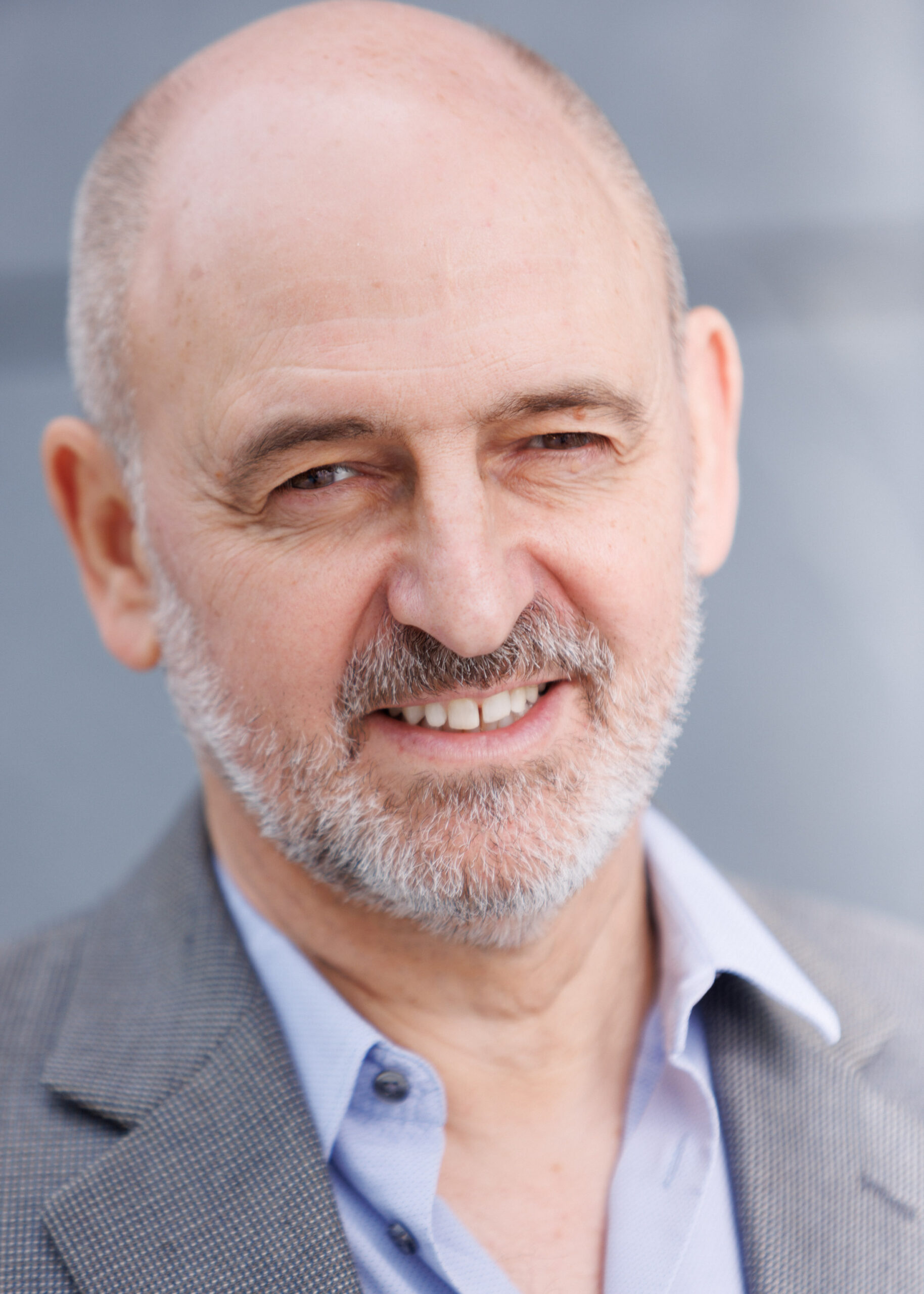
Plants communicating with odours
Ted Turlings’ research has developed upon his fundamental discovery in 1990 that plants can defend themselves against attack from pest insects by producing volatile compounds – odours – that will attract the predators of the harmful insects. The work of Ted Turling’s team extends from basic to applied research, including the opening up of new possibilities for reducing pesticide use on crops by turning to natural predators of pests, an approach known as ‘biological control’. This is crucial for sustainable farming, which needs to protect crops from the harmful insects that destroy up to 40 percent of global yields.
-
2022
Prof. Dr. Ursula Keller
Experimental physics
ETH Zurich
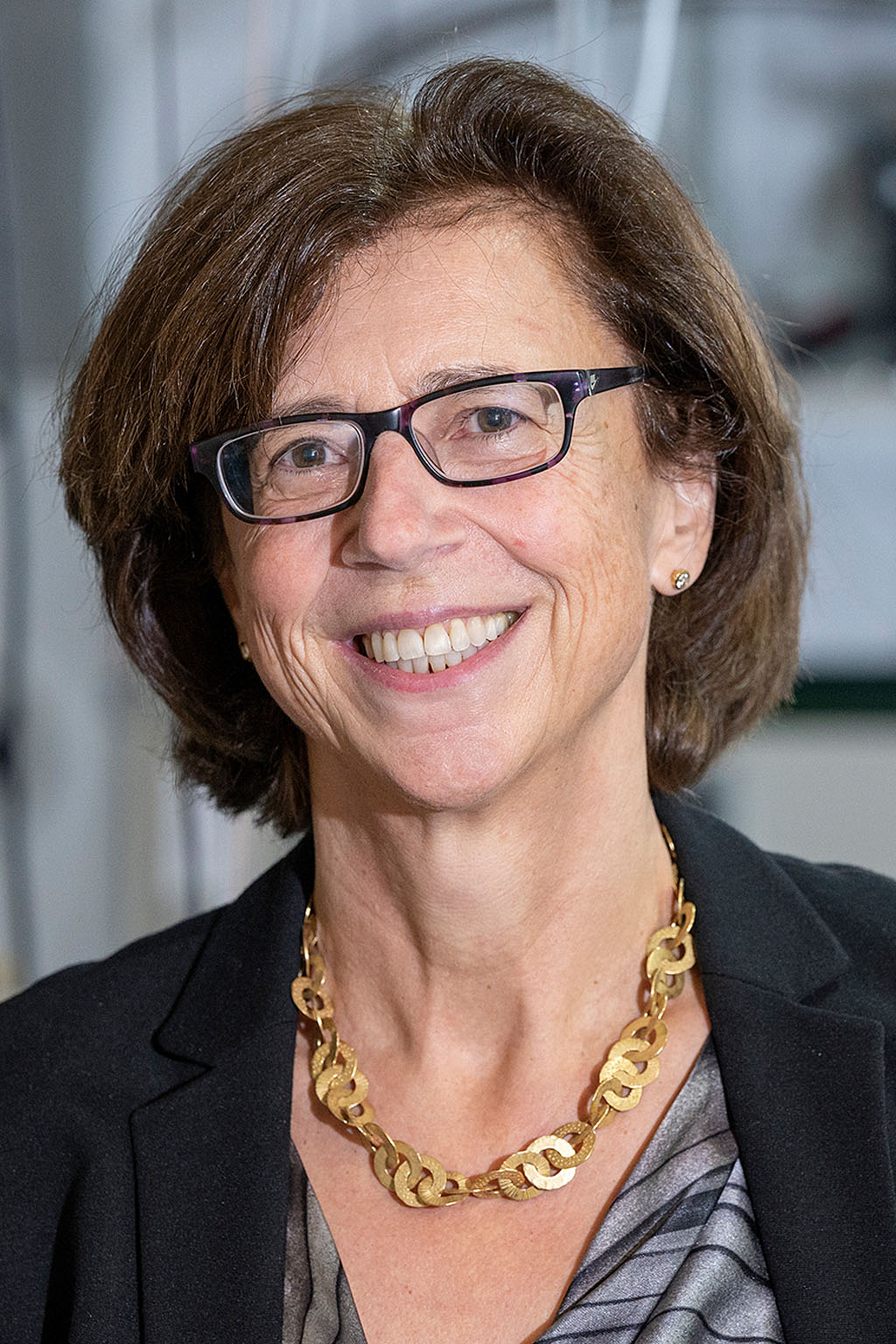
Pushing the boundaries of ultrafast laser physics
Ursula Keller revolutionized the application possibilities of solid-state lasers with the so-called SESAM technology (Semiconductor Saturable Absorber Mirror). Thanks to these semiconductors, it became possible to process materials with high-precision laser beams without damaging them.
Today, the SESAM principle is used in many practical applications, including material cutting, optical communication, computers and smartphone manufacture, and also in medical technology, where, for example, lasers are used as scalpels in eye operations. Furthermore, the ultra-fast laser technology can be used to develop high-precision measuring instruments.
-
2021
Prof. Dr. Thomas Berger
Clinical psychology and psychotherapy
University of Bern
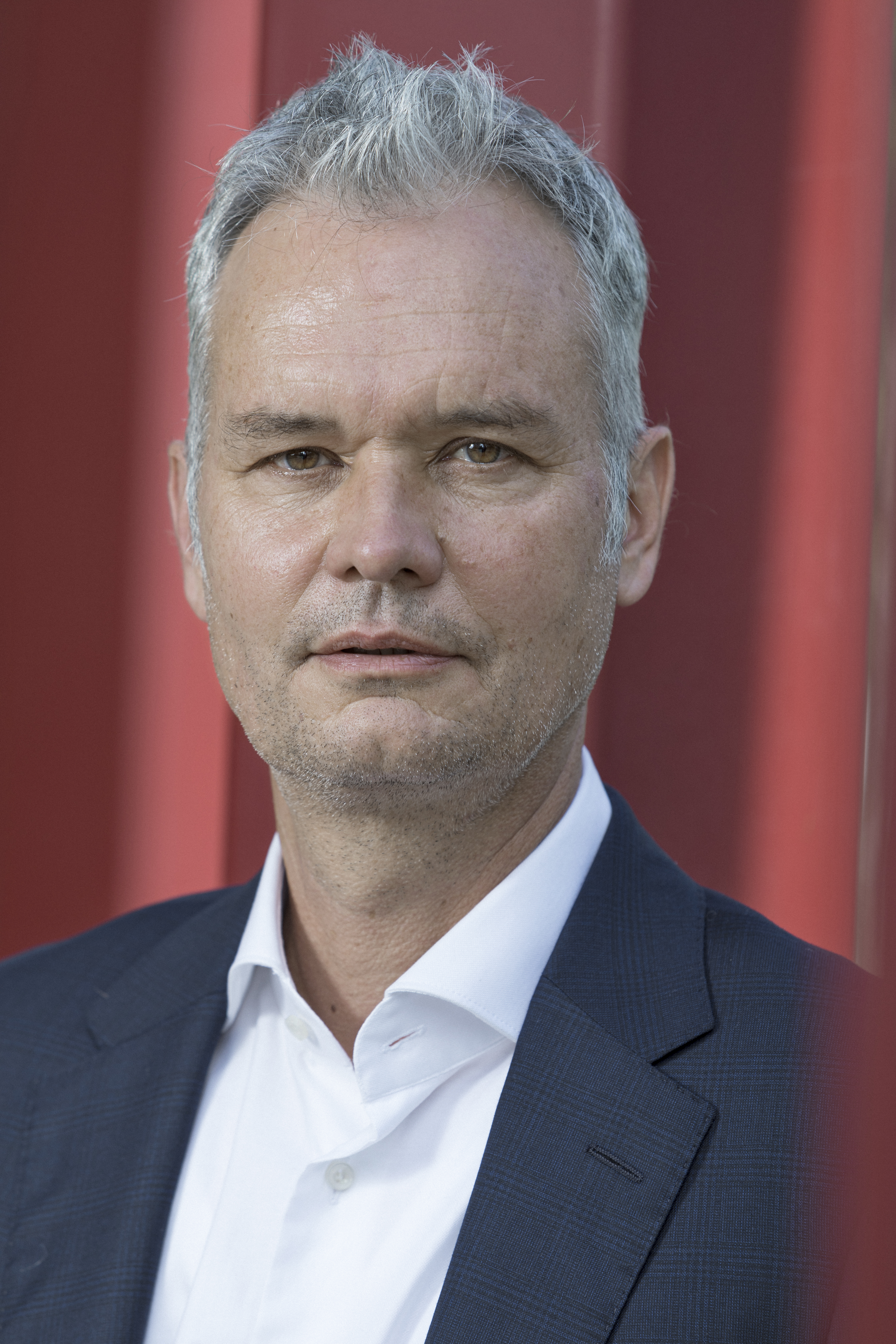
New forms of psychotherapy
Thomas Berger is a pioneer in the design, testing and rollout of digital therapeutic interventions (via apps and websites) to prevent and treat mental health issues and disorders. The internet-based self-help programmes developed by Berger offer low-threshold access to effective treatments, especially for hard-to-reach patient groups. Classical treatment formats are are also augmented by so-called blended treatments, which combine online consultations with face-to-face counselling sessions.
-
2020
Prof. Dr. Rudolf Aebersold
Systems biology
ETH Zurich/University of Zurich
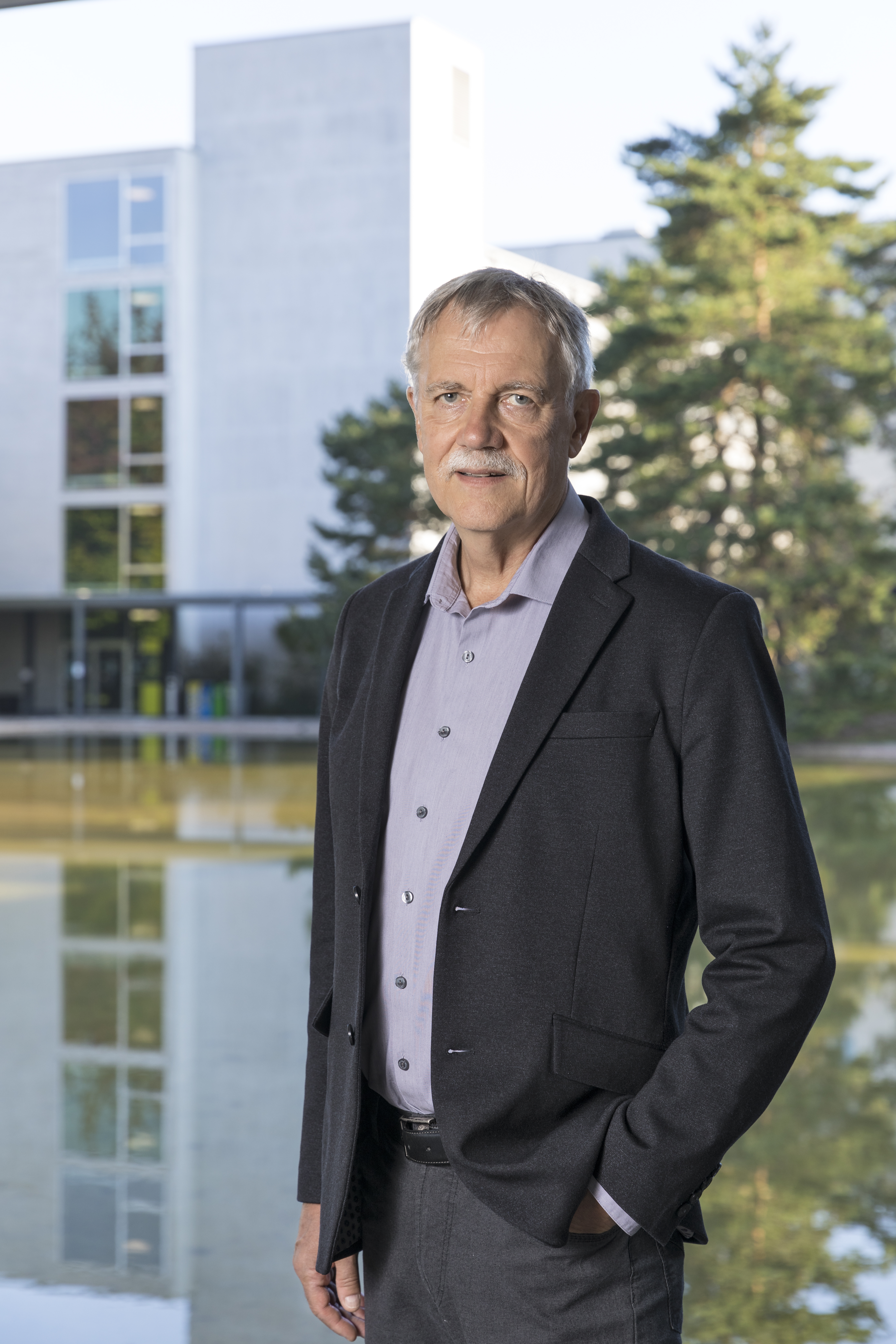
Pioneering work in systems biology
Systems biologist Rudolf Aebersold is among the founding fathers of proteomics. He revolutionised the observation of biochemical processes taking place in human cells with new mass spectrometry measurement methods. In doing so, he laid an important cornerstone for the future of personalised medicine. His basic research also has practical applications in the early detection of diseases such as cancer.
-
2019
Prof. Dr. Nicola Spaldin
Materials science
ETH Zurich
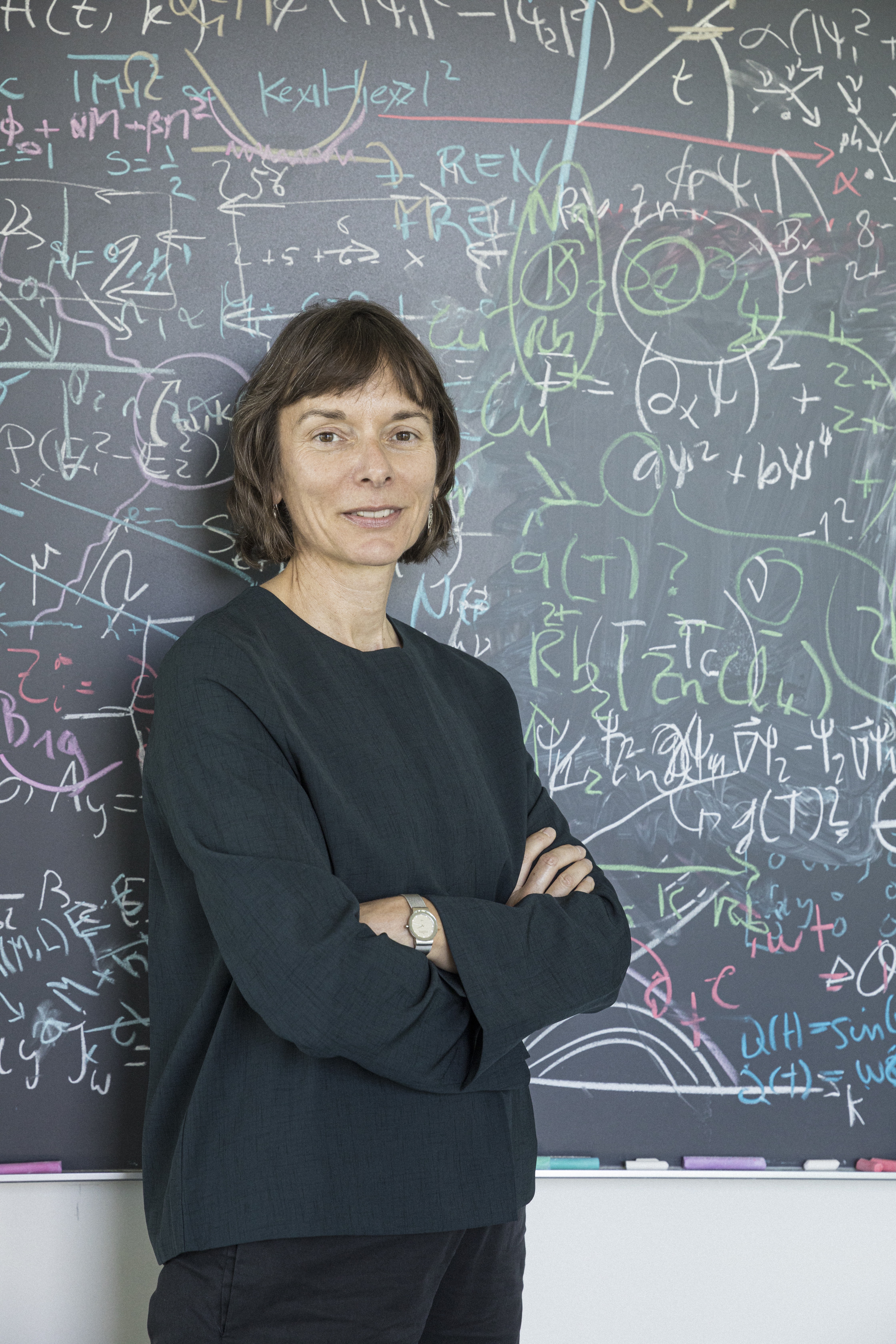
Ground-breaking research into multiferroic materials
Nicola Spaldin, Professor of Materials Theory at the ETH Zurich, has been awarded the Swiss Science Prize Marcel Benoist for her ground-breaking research into multiferroic materials, with which she has laid the foundations for new ultrafast and energy-efficient data storage technologies. As a young scientist, Nicola Spaldin revitalised the field of multiferroics by using theoretical analysis and computer simulations to understand why multiferroics are so rare and to design new multiferroic materials.
-
2018
Prof. Dr. Lars-Erik Cederman
International Conflict
ETH Zurich
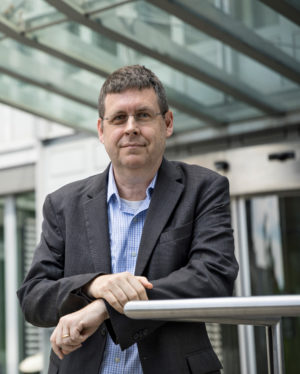
Work on political peace-building and the inclusion of ethnic minorities.
Lars-Erik Cederman, a conflict researcher, has been able to demonstrate that regional autonomy for ethnic minorities and their involvement in political decisions are central to achieving lasting peace. Equally important is a balanced distribution of wealth and basic services.
-
2017
Prof. Dr. Thomas Stocker
Climate research
University of Bern
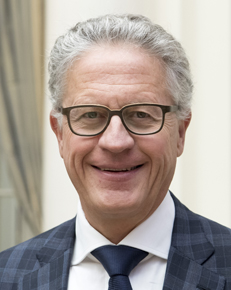
Contribution to a better understanding of the climate system and emerging climate change
Thomas Stocker, a professor at the University of Bern, is a key player in climate research on the national and international stage. By means of climate modelling and ice core analysis, Prof Stocker has been able to demonstrate the reality of climate change and its resulting consequences. In keeping with the objects of the Foundation, his research findings are of great importance to human life, and address one of the main challenges facing today’s society.
-
2016
Prof. Dr. Johan Auwerx
Nutrition science
EPF Lausanne
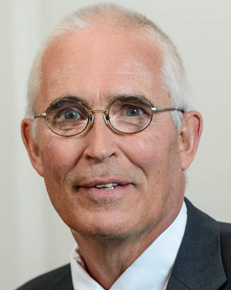
Mitochondria and their role in the metabolism
Johan Auwerx, Nutritionist at the ETH Lausanne (EPFL), has been awarded the Swiss Science Prize Marcel Benoist for his work on mitochondria and their role in the metabolism. He has made significant findings on how nutrients interact with the cells of the body and trigger certain reactions such as breaking down fat cells and preventing metabolic disorders. His findings have greatly helped to improve quality of life.
-
2015
Prof. Dr. Laurent Keller
Microbiology
Lausanne
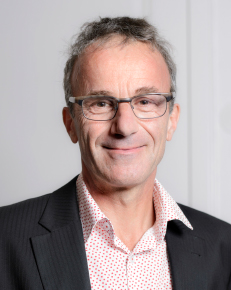
Prof. Dr. Laurent Keller
What the behaviour of ants can teach us about human cohabitation
Director of the Department of Ecology and Evolution at the University of Lausanne, Dr Laurent Keller is one of the most renowned researchers in Switzerland in the field of evolutionary biology and is also held in high regard at international level. His research into ants involves ground-breaking experiments that have greatly helped to improve our understanding of natural selection and the social behaviour of animal communities. The findings from this research enable us to draw parallels with human cohabitation, such as how people cope with stress or ageing processes. For example, Professor Keller has shown how robots programmed to behave like ants can be more efficiently used when grouped in a swarm.
-
2014
Prof. Dr. Nicolas Gisin
Quantum physics
Geneva
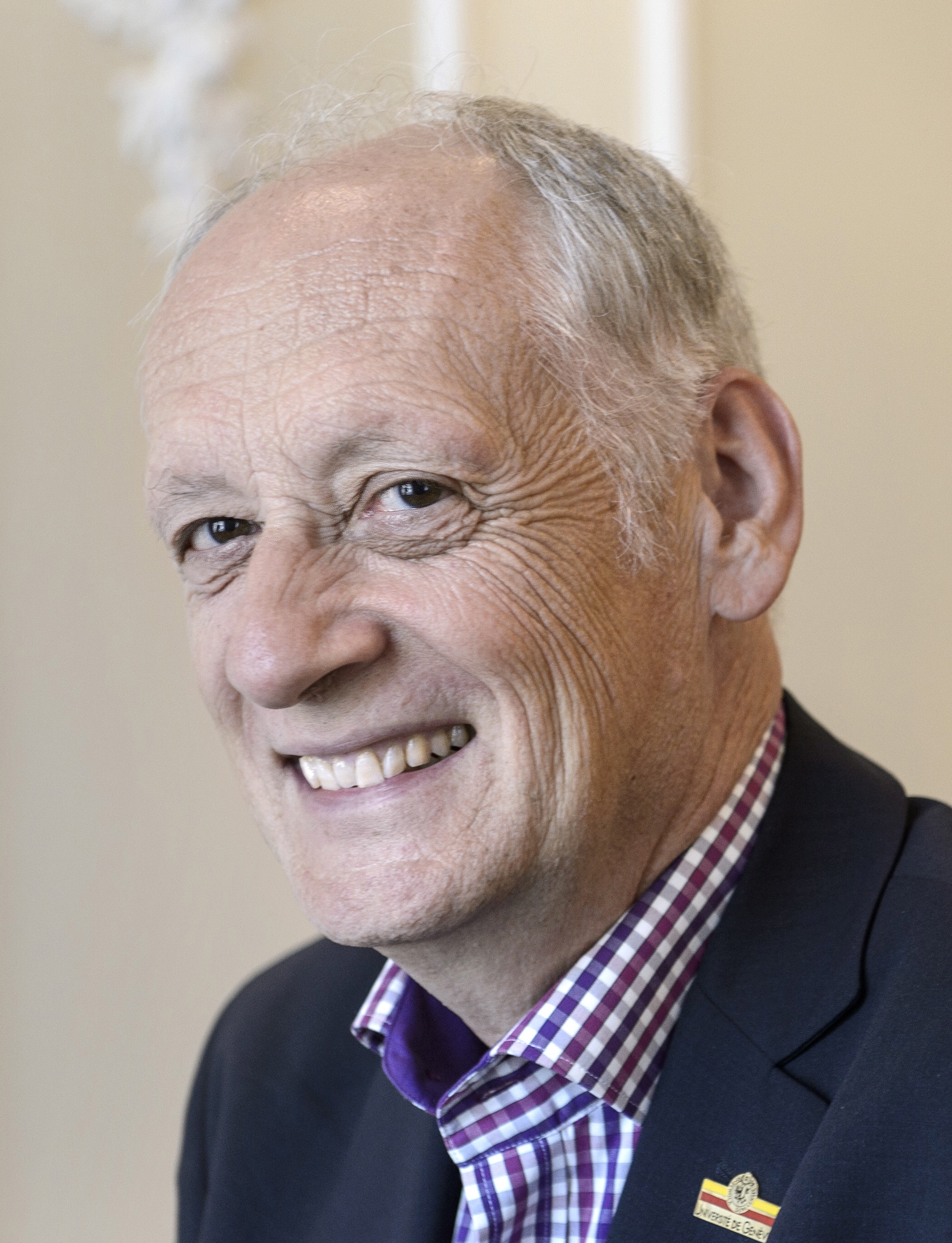
Quantum physics provides solutions to encoding top secret data
Back in the 1990s Nicolas Gisin was one of the first physicists to understand how quanta – the smallest particles currently known –could be transmitted over fibre-optic networks and the enormous potential that lay in the practical application of this discovery. He succeeded in transmitting a cryptographic key – the basis of cryptography – via industrial optical fibres over a distance of 23km under the lake between Geneva and Nyon. When this key was transmitted, secured by the laws of quantum physics and thus absolutely random and confidential, quantum communication entered into our everyday lives; it now makes a huge contribution to ensuring the security of information systems.
-
2013
Prof. Dr. Michael Grätzel
Chemistry
EPF Lausanne
-
2012
Prof. Dr. Michael N. Hall
Molecular biology
Basel
-
2011
Prof. Dr. Michele Parrinello
Physics
USI
-
2010
Prof. Dr. Daniel Loss
Physics
Basel
-
2009
Prof. Dr. Françoise Gisou van der Goot
Microbiology
EPF Lausanne
-
2008
Prof. Dr. Ernst Fehr
Economics
Zurich
-
2007
Prof. Dr. Ari Helenius
Biochemistry/Cell biology
ETH Zurich
-
2006
Prof. Dr. Timothy J. Richmond
Molecular biology
ETH Zurich
-
2005
Prof. Dr. Othmar Keel
History of religion
Fribourg
-
2004
Prof. Dr. Adriano Aguzzi
Neuropathology
Zurich
-
2003
Prof. Dr. Denis Duboule
Biology
Geneva
-
2002
Prof. Dr. Rüdiger Wehner
Zoology
Zurich
-
2001
Prof. Dr. Ruedi Imbach
History of philosophy
Fribourg
-
2000
Prof. Dr. Dieter Seebach
Chemistry
ETH Zurich
-
1999
Prof. Dr. Luzius Wildhaber
Law
Basel
-
1999
Prof. Dr. Jörg Paul Müller
Law
Bern
-
1998
Prof Dr. Jürg M. Fröhlich
Physics
ETH Zurich
-
1997
Prof. Dr. Michel Mayor
Astronomy
Geneva
-
1996
Prof. Dr. Bernard Rossier
Pharmacology
Lausanne
-
1995
Prof. Dr. Henri Isliker
Immunology
Lausanne
-
1995
Prof. Dr. Alfred Pletscher
Pharmacology
Basel
-
1994
Prof. Dr. Martin Schwab
Neurobiology
Zurich
-
1992
Prof. Dr. Gottfried Schatz
Molecular biology
Basel
-
1991
Prof. Dr. Kurt Wüthrich
Biophysics/Molecular biology
ETH Zurich
-
1991
Prof. Dr. Duilio Arigoni
Biochemistry
ETH Zurich
-
1990
Prof. Dr. Werner Stumm
Ecology
ETH Zurich
-
1990
Prof. Dr. Hans Oeschger
Geophysics
Bern
-
1990
Prof. Dr. Bruno Messerli
Geography
Bern
-
1989
Prof. Dr. Niklaus Wirth
Computer science
ETH Zurich
-
1988
Prof. Dr. Ulrich Lämmli
Molecular biology
Geneva
-
1987
Prof. Dr. Maurice E. Müller
Clinical medicine
Bern
-
1987
Prof. Dr. Martin Allgöwer
Clinical medicine/surgery
Basel
-
1987
Prof. Dr. Hans R. Willenegger
Clinical medicine/surgery
Basel
-
1986
Dr. Johannes G. Bednorz
Solid state physics
IBM
-
1986
Prof. Dr. Karl A. Müller
Solid state physics
IBM
-
1985
Richard R. Ernst
Physical chemistry
ETH Zurich
-
1984
Prof. Dr. Harald Reuter
Pharmacology
Bern
-
1983
Prof. Dr. Hans R. Brunner
Clinical medicine
Lausanne
-
1982
Prof. Dr. Franz Fankhauser
Ophthalmology
Bern
-
1981
Prof. Dr. Karl Illmensee
Developmental biology
Geneva
Where would we be without science and research?
The subjects for which the prize has been awarded in recent years show how the laureates contribute to human life and so to society.
Year
Laureate
Field
Higher education institution
